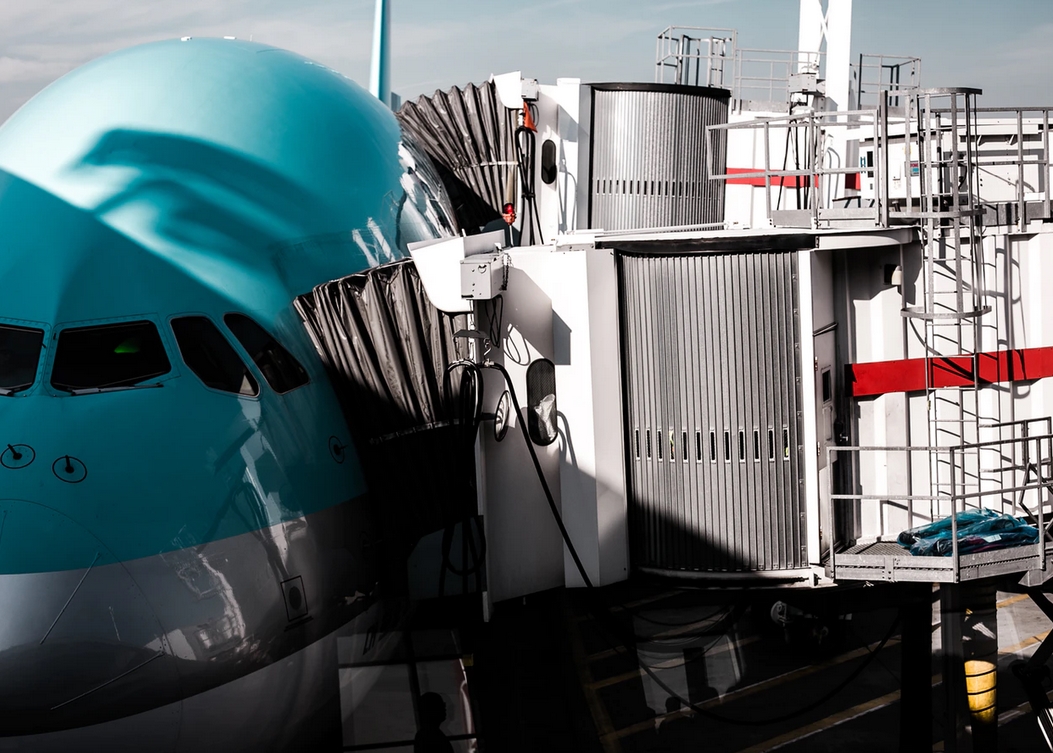An increasing number of European Union nations barred travel from the U.K. on Sunday and others were considering similar action, such as Spain, in a bid to block a new strain of coronavirus sweeping across southern England from spreading to the continent. France, Germany, Italy, the Netherlands, Belgium, Austria, Ireland and Bulgaria all announced restrictions on U.K. travel, hours after British Prime Minister Boris Johnson announced that Christmas shopping and gatherings in southern England must be cancelled because of rapidly spreading infections blamed on the new coronavirus variant.
France banned all travel from the U.K. for 48 hours from midnight on Sunday, including trucks carrying freight through the tunnel under the English Channel or from the port of Dover on England’s south coast. French officials said the pause would buy time to find a “common doctrine” on how to deal with the threat, but it threw the busy cross-channel route used by thousands of trucks a day into chaos.
The Port of Dover tweeted Sunday night that its ferry terminal was “closed to all accompanied traffic leaving the UK until further notice due to border restrictions in France.”
Eurostar passenger trains from London to Paris, Brussels and Amsterdam were also halted.
Germany said all flights coming from Britain, except cargo flights, were no longer allowed to land starting midnight Sunday. It didn’t immediately say how long the flight ban would last.
Belgian Prime Minister Alexander De Croo said he was issuing a flight ban for 24 hours starting at midnight “out of precaution.” “There are a great many questions about this new mutation,” he said, adding he hoped to have more clarity by Tuesday.
Germany, which holds the rotating EU presidency, called a special crisis meeting on Monday to coordinate the response to the virus news among the bloc’s 27 member states.
The Netherlands banned flights from the U.K. for at least the rest of the year. Ireland issued a 48-hour flight ban. Italy said it would block flights from the U.K. until Jan.6, and an order signed Sunday prohibits entry into Italy by anyone who has been in the U.K. in the last 14 days. The Czech Republic imposed stricter quarantine measures from people arriving from Britain.
Beyond Europe, Israel also said it was banning flights from Britain, Denmark and South Africa because those were the countries where the mutation is found. The World Health Organization tweeted late Saturday that it was “in close contact with U.K. officials on the new #COVID19 virus variant” and promised to update governments and the public as more is learned.
The new strain was identified in southeastern England in September and has been spreading in the area ever since, a WHO official said. “What we understand is that it does have increased transmissibility, in terms of its ability to spread,” said Maria Van Kerkhove, WHO’s technical lead on COVID-19.
Studies are underway to better understand how fast it spreads and and whether “it’s related to the variant itself, or a combination of factors with behavior,” she added.
She said the strain had also been identified in Denmark, the Netherlands and Australia, where there was one case that didn’t spread further.
Viruses mutate regularly, and scientists have found thousands of different mutations among samples of the virus causing COVID-19. Many of these changes have no effect on how easily the virus spreads or how severe symptoms are.
British health authorities said that while the variant has been circulating since September, it wasn’t until the last week that officials felt they had enough evidence to declare that it has higher transmissibility than other circulating coronaviruses.

















